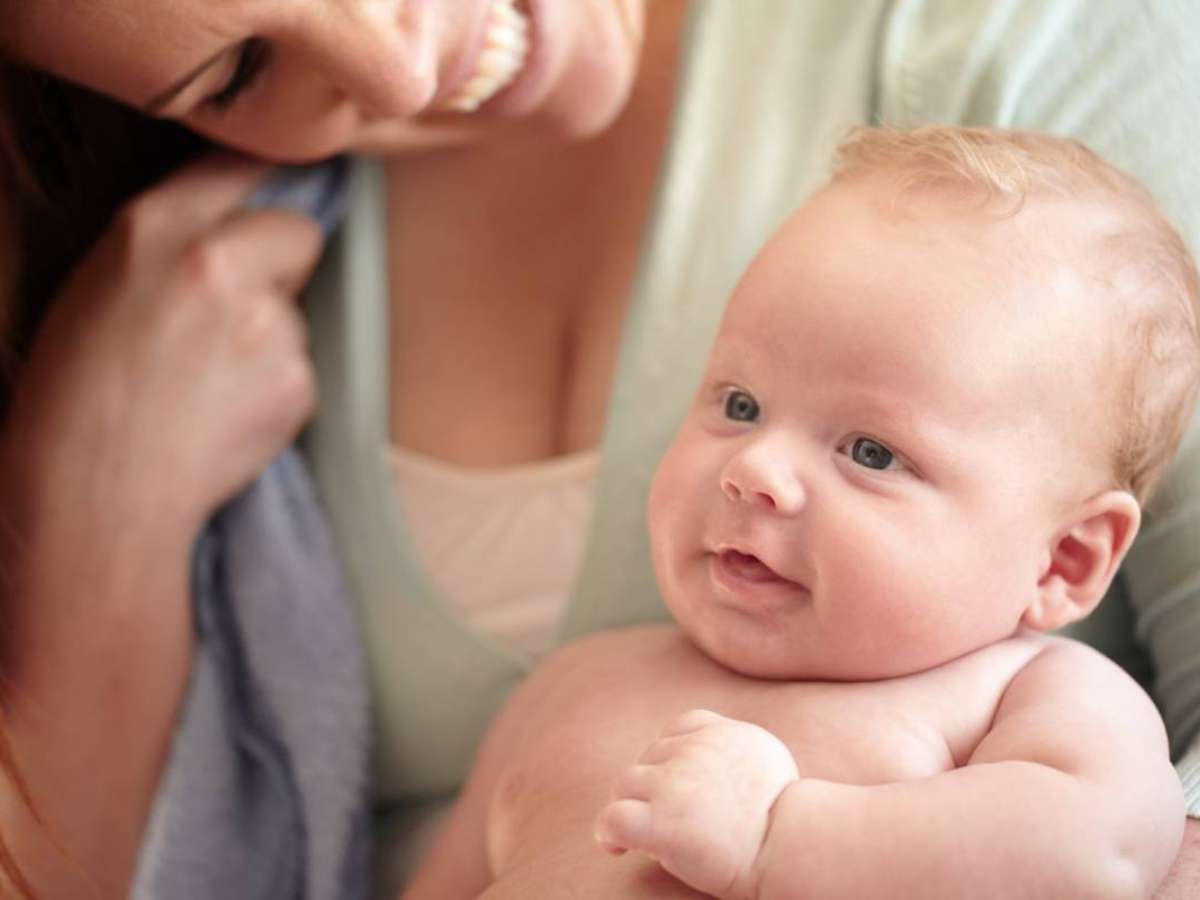Pregnant women and those who are trying to become pregnant often have concerns with their bodies.
Every move you make during pregnancy could affect your ovulation or your growing fetus.
So naturally, you will have questions about common, everyday experiences and habits associated with pregnancy.
Here are 4 common pregnancy questions and answers…
Is Vaginal Bleeding Normal When Pregnant?
Pregnancy almost always stops a woman’s menstrual cycle from occurring approximately 2 weeks after conception.
Once you have conceived, it is unlikely that you will have another period until after the baby is born. In fact, one of the first signs of pregnancy is a missed period.
However, there are exceptions to every rule, and some women continue to have periods throughout their pregnancy. You may have spotting when pregnant as well.
Many women experience blood spotting early in pregnancy. This is often referred to as implantation spotting and is a result of the embryo embedding into the wall of the uterus. This is completely normal.
Implantation spotting is light bleeding that can occur when a fertilized egg is implanting into the uterus. Implantation spotting does not look like a normal period but it often is confused for one since it occurs around the same time that a period is due. Implantation spotting is generally lighter than a normal period. It is usually brown or pink in color versus the red color of a full period. It is unlikely to be enough blood to fill a tampon. Women tend to experience it anywhere from a week to a few days before their period is due. As the fertilized egg starts to burrow into the uterine lining, it will often trigger slight bleeding or spotting. This is normal and is often the sign of pregnancy. WikiHealth
If your spotting becomes heavy or bright red, it can be a sign of complications. Regardless of what you think is causing your bleeding, see your doctor immediately.
Are Acrylic Nails Safe During Pregnancy?
Despite your ever-growing pregnant belly, every girl wants to feel well-manicured and “put together” during the most special time of your life, right?
After all, you will be in lots of pictures during this time that you will cherish for years to come.
For many years, women have been plagued with uncertainty with regard to the safety of using acrylic nails during pregnancy.
It’s true, the fumes in nail salons may be dangerous for a pregnant woman if you are around them consistently. In other words, it’s not be a good idea to work as a nail technician during this time or to frequent the salon more than once a week.
However, average time in a nail salon of 2 hours per month should not harm your growing baby. If you’re concerned about solvent fumes in the nail salon, try visiting a location with good ventilation. Some nail salons even leave the doors propped open on days with good weather.
One thing you should be aware of before getting a manicure or pedicure is the potential of getting a bacterial or fungal infection. Anyone can contract these infections, but they are especially dangerous for pregnant women. To avoid this, make sure you visit a nail salon that uses exceptionally good hygiene and cleans their tools properly after each client. (Or take your own manicure tools or pedicure tools.)
Finally, do not get your nails or toes done when you have a torn cuticle or a cut on your finger or foot. Bacteria can work its way into these areas and cause illness, disease and high fever in a pregnant woman.
Here are some safe nail polish brands for pregnant women, plus tips for getting a manicure or pedicure during pregnancy.
How Do You Know When You’re Ovulating?
Ovulation occurs approximately 2 weeks after the first day of your last menstrual period.
Though this gives you a rough estimate of your most fertile days and highest chances of conceiving, not everyone ovulates at the same time.
Some signs of ovulation to look for that almost always indicate fertility:
- An increase in vaginal discharge. While it is normal to have discharge at all points of your menstrual cycle, it increases in consistency and frequency during ovulation.
- A higher body temperature. Most women experience a higher temperature during ovulation. Check your temperature each day at the same time to find your normal resting point. When you notice it change for a day or two, it is likely you are ovulating.
- An increase in libido. This one doesn’t work for everyone – especially those with a naturally high libido. But if you find yourself unusually amorous during a certain time of the month, take note that this could be your ovulation point.
Here are 5 ways to tell if you’re ovulating.
How Much Should You Eat During Pregnancy?
Feel free to pig out on all of your favorite junk foods and throw portion control and reason out the window if you want an extra 60 pounds to lose in 9 months!
The old saying, “eating for two,” is technically true, though it may not mean what you think.
You only need 300 extra calories per day when pregnant. Consider this to be the caloric equivalent of a low-fat smoothie or a single chicken breast. That doesn’t sound quite as liberating as “eating for two.”
The average mom that eats well and maintains a balanced diet during her pregnancy should expect to gain approximately 25 to 35 pounds — most of which will naturally come off after pregnancy. Aside from the occasional water weight and bloating, the rest is fat storage.
Adopt a balanced pregnancy diet that your doctor or nutritionist recommends. Make sure to eat foods rich in calcium, folic acid and omega-3s like milk, yogurt, low-mercury fish and fresh spinach or leafy greens. Consume plenty of fruits and vegetables and limit your fat intake. Be sure to avoid alcohol and limit caffeine during pregnancy, as well.
By the end of your pregnancy, you could be in the healthiest nutritional state of your life!
Our guest contributor, Allison, is a married mother of two from Texas. A freelance writer, she also has two dogs that are Labradoodles.





